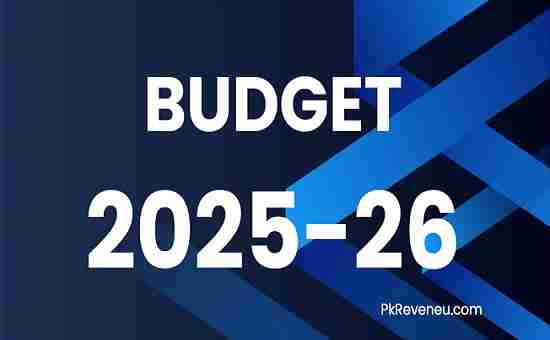Islamabad, May 26, 2025 – In a major step toward aligning Pakistan’s fiscal planning with environmental priorities, the Finance Ministry has revised the Budget Call Circular for the fiscal year 2025-26 to formally incorporate climate tagging of government subsidies.
The move is part of a broader shift toward transparent and climate-responsive budgeting practices.
The Budget Call Circular, which outlines the roadmap and deadlines for budget formulation, was revised on May 11, 2025. This revision has now emerged as a key reason behind the rescheduling of the federal budget presentation, pushing the date from the initially planned June 2 to June 10.
In the revised guidelines, the Finance Ministry has directed all ministries, divisions, and government departments to complete an additional form—attached to the circular—for climate tagging of subsidies. This form is part of a newly developed methodology designed to identify the climate-relevant components of public financial support programs.
“This initiative is a critical step in expanding the scope of climate accountability in national budgeting. It will enable better tracking, evaluation, and strategic allocation of subsidies to support climate adaptation, mitigation, and transition,” said an official statement from the Finance Division.
The government has asked all concerned Principal Accounting Officers (PAOs) to submit the completed climate tagging form by May 30, 2025, to ensure timely integration into the upcoming budget documents. The Finance Division has also committed to assisting all stakeholders through technical guidance and support during the tagging process.
Importantly, the climate tagging of subsidies is not only a domestic policy improvement but also a requirement under the Extended Fund Facility (EFF) agreement with the International Monetary Fund (IMF). The framework for climate-responsive budgeting was first introduced in FY2023-24 and initially applied to civil government operations and the Public Sector Development Programme (PSDP).
Now, the tagging system is being expanded to include grants and subsidies—key elements of the federal budget. Subsidies, which often serve to ease costs for producers and consumers, will now be tagged based on their alignment with climate goals.
To streamline the process, the Finance Ministry has created Form III-C, which must be filled out by all relevant entities. This structured approach will ensure that climate tagging becomes a permanent feature of Pakistan’s budgetary and policy planning, reinforcing the country’s commitment to environmental sustainability.
